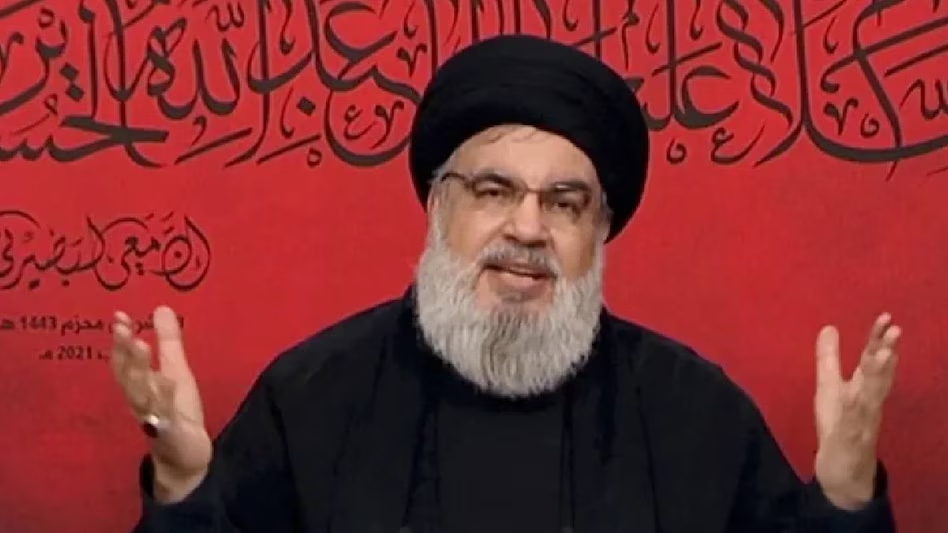Hassan Nasrallah, the influential leader of Hezbollah, was killed in an Israeli airstrike targeting the group’s headquarters in Beirut.
His assassination represents a significant escalation in the already heightened regional tensions and raises fears of a broader conflict.
Nasrallah’s funeral is scheduled for Friday, coinciding with escalating protests in Iran, where demonstrators have expressed their outrage by chanting anti-U.S. and anti-Israel slogans while displaying images of the fallen leader. The Iranian government has reacted by calling for an urgent meeting of the UN Security Council to address the situation.
In the wake of Nasrallah’s death, the Israeli military has ramped up its activities, conducting targeted raids in southern Lebanon.
Reports indicate that over 100 rockets were launched from Lebanon into northern Israel shortly after the airstrike, although no casualties were reported on either side, reflecting the delicate balance of power in the region.
In a move to maintain continuity within Hezbollah, the group has announced that Hashem Safieddine, Nasrallah’s cousin, will take over leadership. The announcement comes during a declared five-day mourning period in Lebanon, highlighting the deep sense of loss among Hezbollah supporters.
As the situation evolves, military actions continue, and both sides remain on high alert.
The regional implications of Nasrallah’s assassination are significant, with analysts warning that it could trigger further violence and destabilization in an already volatile area. The response from various stakeholders, including Iran and Israel, will be crucial in determining the trajectory of the conflict in the coming days and weeks.










